BNA Annual General Meeting 2025
1st April 2025
BNA Event - 10th Dec 2024
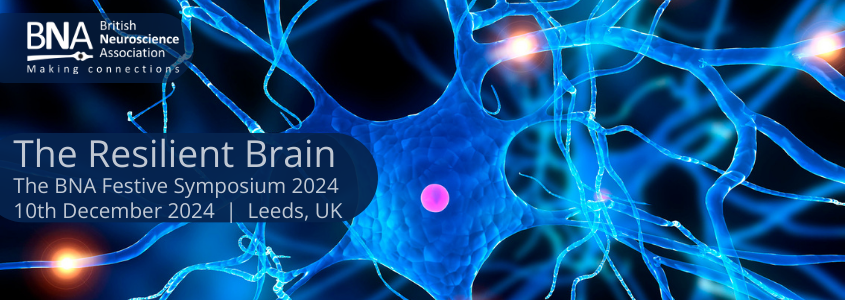
Register here. |
Our Festive Symposia launch the BNA’s forthcoming annual themes: for 2025, the theme will be the ‘Resilient Brain’.
The BNA Festive Symposium is one of the most popular events in the neuroscience calendar, with a reputation for lively and inclusive programmes bringing neuroscientists together to network, have fun and explore a central theme through a series of short talks that are accessible for everyone, regardless of experience and expertise.
Throughout this lively and inclusive (and festive!) meeting, we will examine the theme from multiple viewpoints. The 2024 Festive Symposium will bring together neuroscientists in academia, the clinic and the commercial sector to share their latest research and explore the topic from multiple viewpoints including traumatic brain injury, resilience to ageing and disease, and mental health and protective lifestyle factors.
 Tom Manly, University of Cambridge: Neurorehabilitation following TBI and stroke
Tom Manly, University of Cambridge: Neurorehabilitation following TBI and stroke
Dr Manly is a clinical psychologist, clinical neuropsychologist and Programme Leader at the University of Cambridge MRC Cognition and Brain Sciences Unit. Tom was awarded the Elizabeth Warrington Prize by the British Neuropsychological Society for contributions to the neuropsychological literature and the British Psychological Society’s (BPS) Spearman Medal. He has served on the BPS Division of Neuropsychology Committee, The Stroke Association Research Committee and was president of the British Academy of Science Psychology Section.
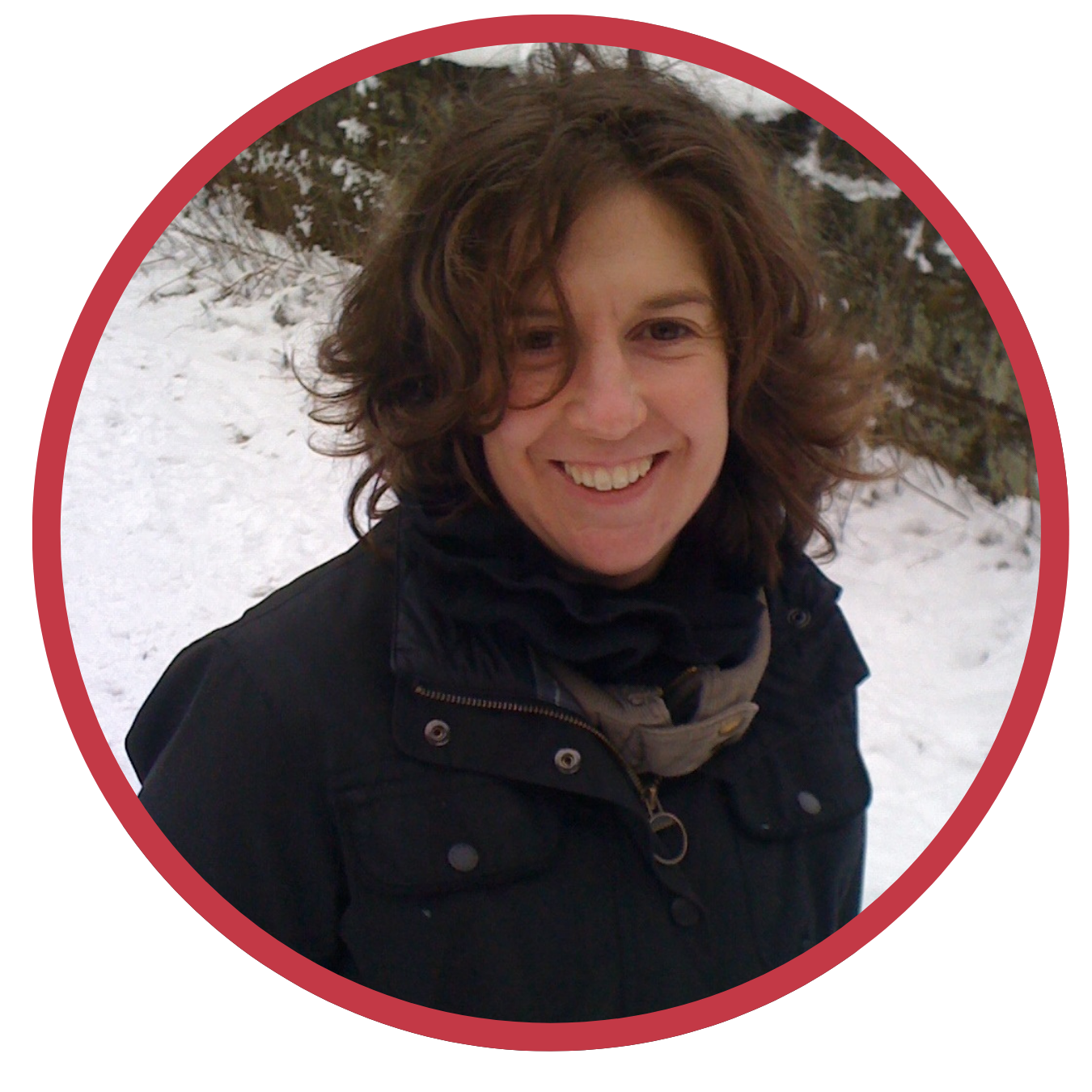 Susannah Walker, Liverpool John Moores University: Resilience to Stress: A Touching Story
Susannah Walker, Liverpool John Moores University: Resilience to Stress: A Touching Story
Dr Walker is an affective neuroscientist studying the somatosensory system, particularly the functional and affective properties of a novel class of mechanosensitive c-fibres—C-tactile afferents. Evidence from neurophysiology, neuroimaging, psychophysical and behavioural studies have led to the hypothesis that these CT afferents have a social, regulatory function. She is a founding member of the Somatosensory & Affective Neuroscience group at Liverpool John Moores University, Chair and BNA representative of the Liverpool Neuroscience Group.
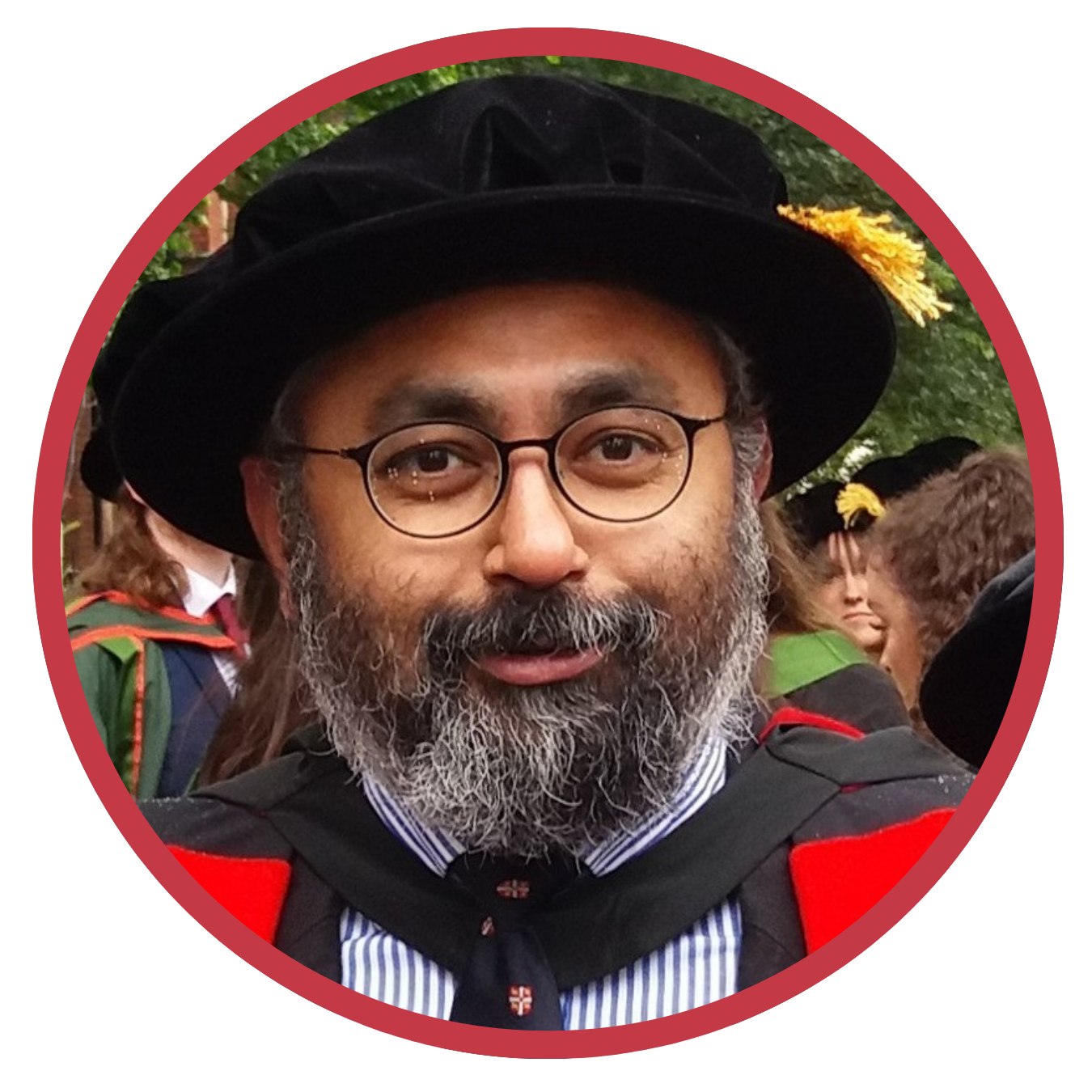 Samit Chakrabarty, University of Leeds: Rehabilitation after traumatic brain injury
Samit Chakrabarty, University of Leeds: Rehabilitation after traumatic brain injury
Dr Chakrabarty is a systems neurophysiologist, studying plasticity and interaction between the spinal circuits and their modulators - the sensory inputs from periphery and descending inputs from brain.
 Liat Levita, University of Sussex: Resilient mental health in adolescents
Liat Levita, University of Sussex: Resilient mental health in adolescents
Dr. Levita heads the Developmental Affective Neuroscience lab at the School of Psychology, University of Sussex. She employs a translational approach to investigate the human adolescent period. Her research aims to enhance our scientific understanding of adolescence, a time marked by immense opportunity and strength, as well as significant vulnerability for some individuals. Dr. Levita examines individual developmental trajectories from childhood through adolescence to adulthood, exploring both normative and non-normative development. Dr. Levita utilizes a variety of advanced research tools , including psychophysiology, EEG and structural and functional MRI.
 Dan Ridley, Lilly: The Brain Health Coalition
Dan Ridley, Lilly: The Brain Health Coalition
Dan graduated as a Pharmacologist from the University of Bristol, before taking postgraduate studies at the London School of Pharmacy. Having decided against a career in drug development, Dan joined the Pharmaceutical Industry working in a variety of commercial and medical roles of increasing seniority. For the past decade, Dan has worked in the neuroscience space where there is significant unmet clinical need. He has worked on medicines for MS, PSP, ALS and for the past 8 years has had a focus on Alzheimer's Disease and is currently the Alzheimer’s Lead for the UK and Eli Lilly. Dan is also the co-chair of the Dementia Industry Group ( a life sciences industry group supporting the UK to lead in the field of dementia treatment and research) and also sits on the Steering Committee of the Brain Health Coalition. It is in this capacity that Dan will speak today.
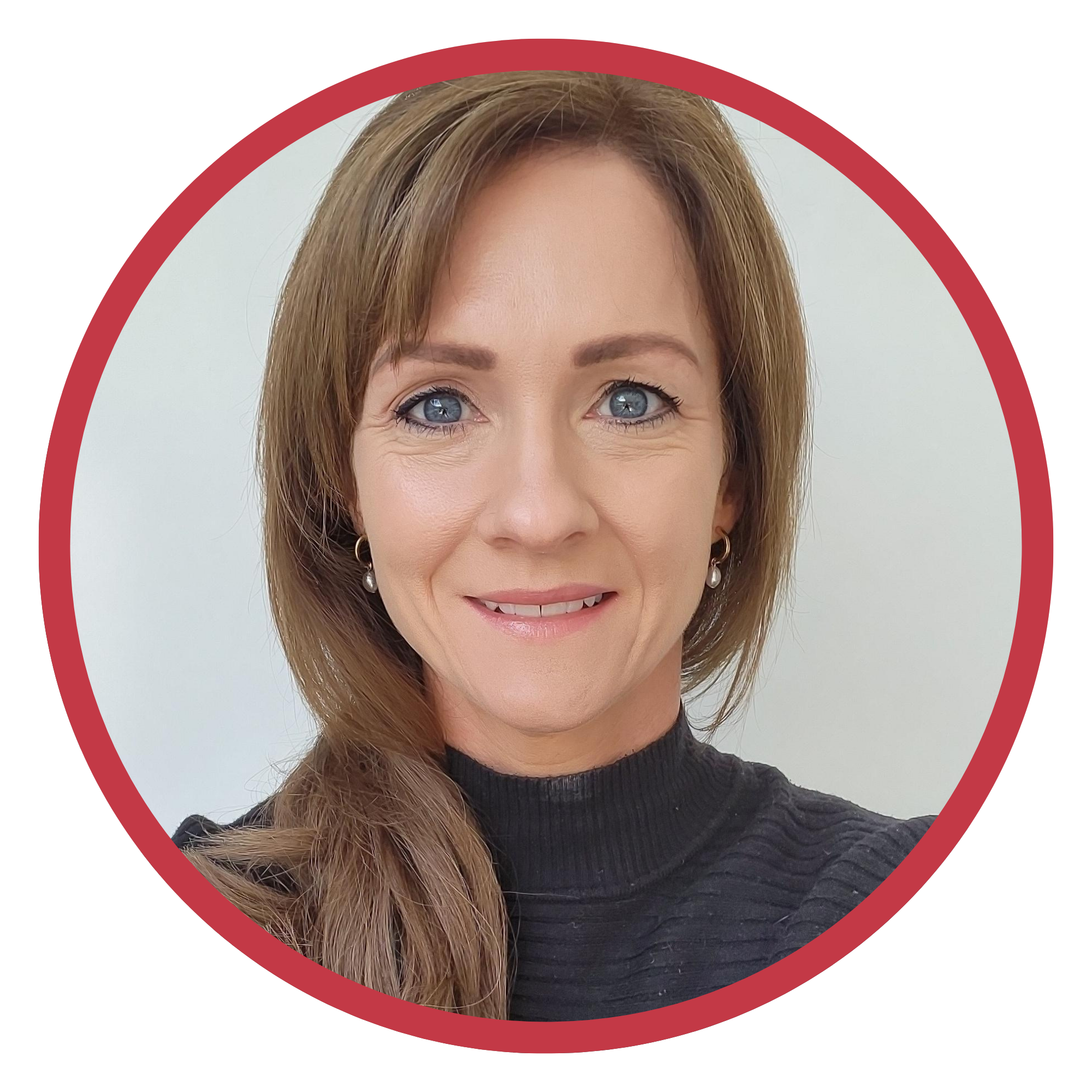 Michelle Kelly, National College of Ireland: Brain health for early stage dementia
Michelle Kelly, National College of Ireland: Brain health for early stage dementia
Supported by Alzheimer's Research UK 
Dr Michelle Kelly is Associate Professor of Psychology in the National College of Ireland and co-directs the ProBrain Research Lab. She is a Chartered Psychologist and a Principal Investigator on projects examining Cognitive Stimulation Therapy and Cognitive Rehabilitation funded by the Irish Research Council and the Alzheimer’s Society of Ireland. She provides clinical and research supervision in Trinity College Dublin and the University of Galway; and is an accredited Cognitive Stimulation Therapy (CST) trainer and Chair of the Psychological Society of Ireland’s Division of Behaviour Analysis.
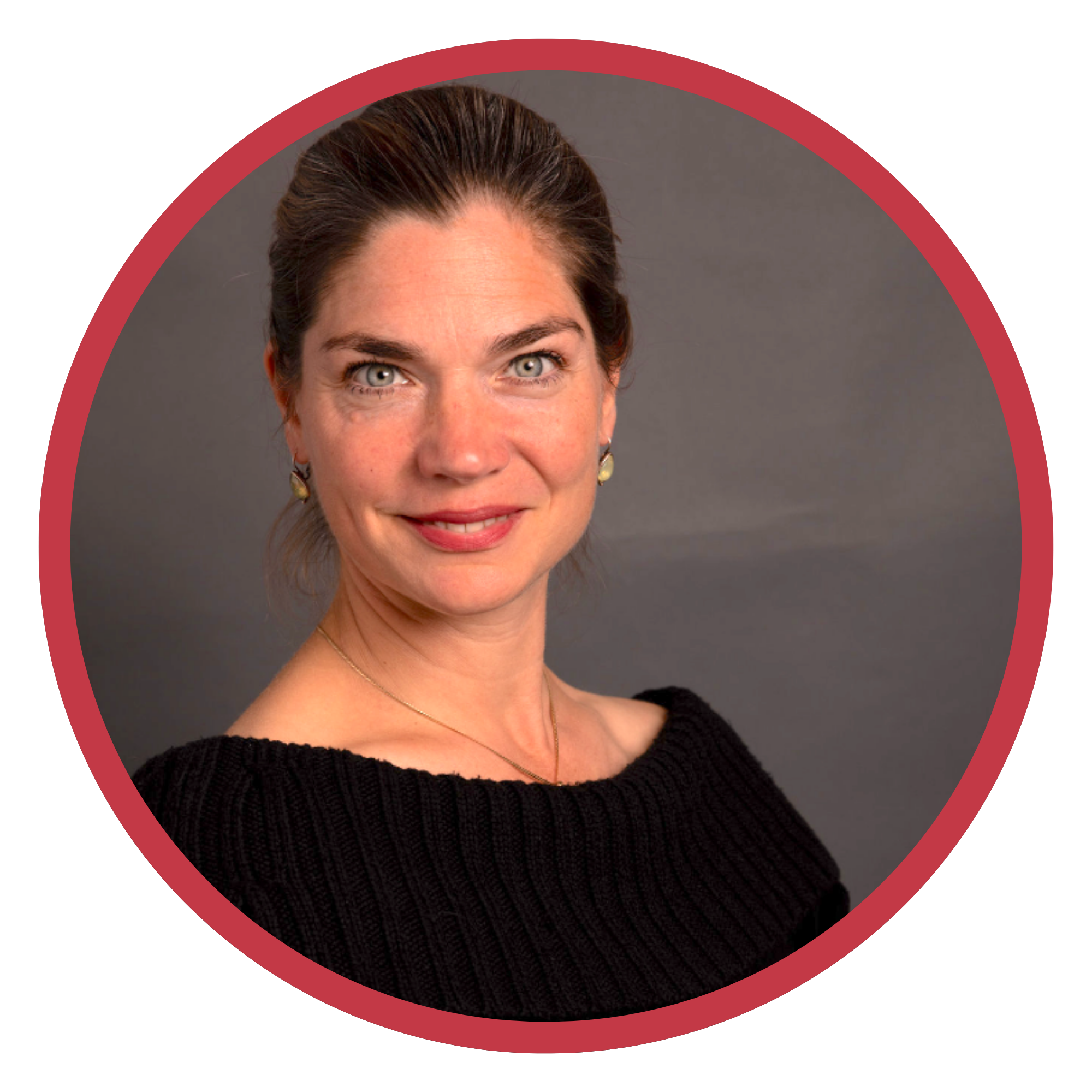 Henne Holstege, Alzheimer Centre Amsterdam, Amsterdam UMC: Resilience in the ageing brain
Henne Holstege, Alzheimer Centre Amsterdam, Amsterdam UMC: Resilience in the ageing brain
PLENARY SESSION
Henne Holstege is a full professor of VIB KU Leuven Center for Brain Research, and she heads the section of Genomics of Neurodegenerative Diseases and Aging at the Department of Human Genetics at the Amsterdam University Medical Center. Holstege majored in biochemistry at the University of Leiden, after which moved to Harvard Medical School in Boston to study the neurochemistry associated with satiety. She went on to do her PhD at the Netherlands Cancer Institute where she studied the germline and somatic genetic aberrations associated with the development of breast cancer. Meanwhile she was intrigued by the finding that escaping aging related diseases often occurs within families. In 2010, Holstege moved to the Amsterdam UMC where built a new research section at the department of Human Genetics where she focuses on the identification of genetic and genomic factors associated with neurodegenerative diseases. Holstege won the Alzheimer Research Prize 2020 from the Hans und Ilse Breuer Foundation. For more information about her team and the projects: See www.holstegelab.eu.
10:00 - 10:30 Registration
10:30 - 10:40 Introduction from the BNA Chief Executive, BNA President, Tara Spires-Jones
10:40 - 11:15 Tom Manly, University of Cambridge: Neurorehabilitation following TBI and stroke
11:15 - 11:50 Susannah Walker, Liverpool John Moores University: Resilience to Stress: A Touching Story
11:50 - 12:10 BREAK
12:10 - 12:45 Samit Chakrabarty, University of Leeds: Rehabilitation after traumatic brain injury
12:45 - 13:20 Liat Levita, University of Sussex: Resilient mental health in adolescents
13:20 - 14:20 LUNCH
14:20 - 14:30 Prizes
14:30 – 15:05 Dan Ridley, Lilly: The Brain Health Coalition
15:05 - 15:40 Michelle Kelly, National College of Ireland: Brain health for early stage dementia
Supported by Alzheimer's Research UK
15:40 - 16:00 BREAK
16.00 - 16:50 Henne Holstege plenary session, Alzheimer Centre Amsterdam, Amsterdam UMC: Resilience in the ageing brain
16:50 - 17.00 Closing words, BNA President-Elect, Narender Ramnani
17:00 - 18:30 DRINKS RECEPTION and POSTER SESSION

The Met Hotel Leeds has welcomed guests for over a century. Designed by local architects, the hotel is renowned for its Victorian terracotta facade and stone cupola taken from the city's demolished 4th White Cloth Hall. Today, The Met Hotel Leeds is still a much-loved landmark in Leeds' cityscape, blending the original design with contemporary interiors to create a Leeds 4-star city centre hotel. Conveniently located just minutes from Leeds train station and in the centre of the city.
Visit The Met Hotel's website here.
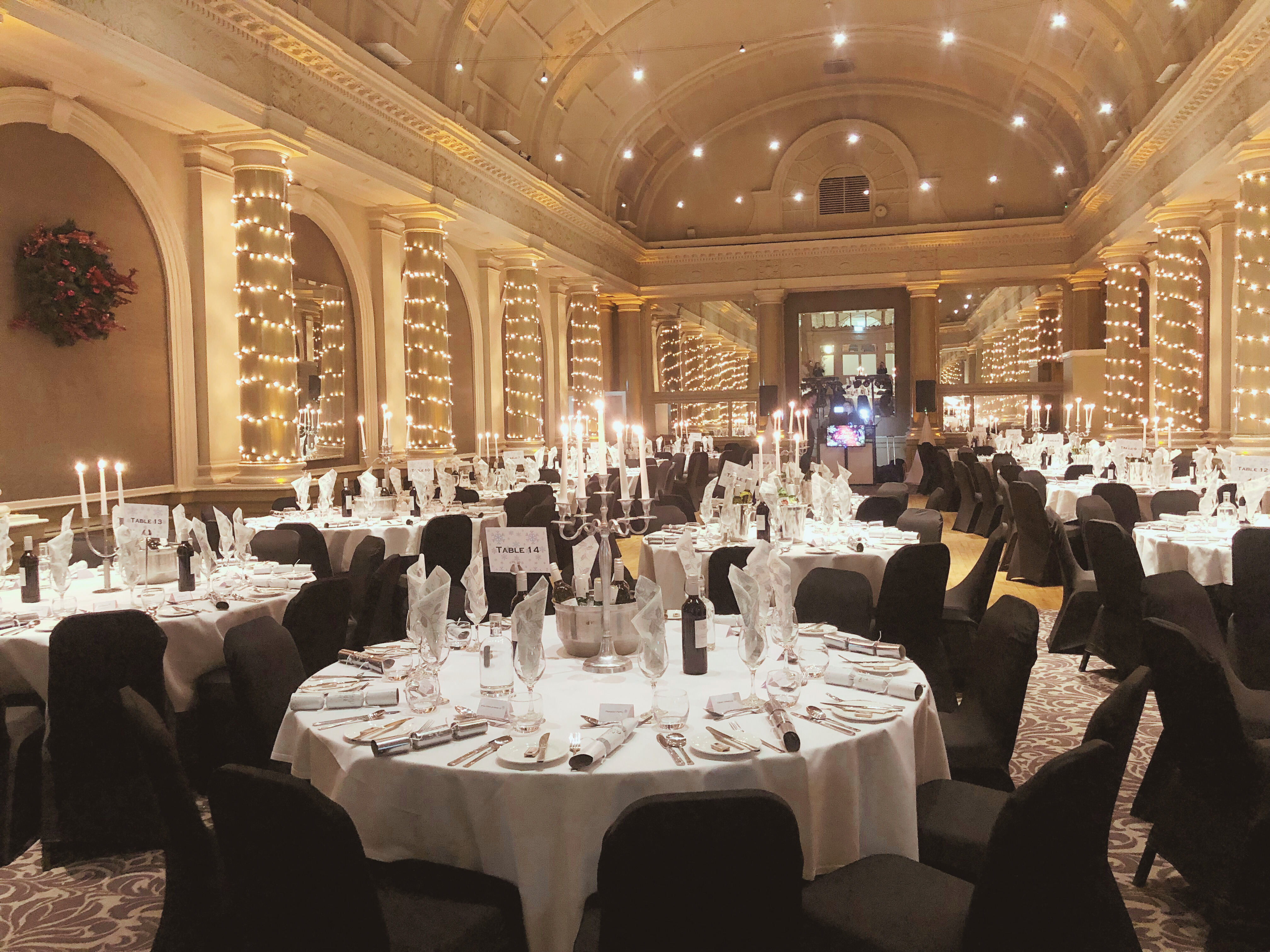
Wrap up the Festive Symposium with a wonderful evening of connection and conversation. Enjoy a delightful 3-course dinner and drinks alongside our inspiring speakers and research community. This is the perfect opportunity to network with like-minded individuals in a relaxed, festive setting.
Spaces are limited—book during registration to reserve your seat for this unforgettable evening, tickets cost £60.00.
If you wish to add this experience to a pre existing booking please email Alexis Archer (alexis.archer@bna.org.uk)
The Met Hotel is conveniently located just a short 3-minute walk from Leeds train station, placing you in the vibrant heart of the city.
Guests can easily access Leeds from various locations across the UK:
| Location | To Leeds by Tain |
| Birmingham | ~ 2 hours |
| Bradford | 20-30 mins |
| Chester | ~2 hours |
| Derby | ~1.5 hours |
| Durham | ~2 hours |
| Harrogate | 30-40 mins |
| Hull | 1-1.5 hours |
| Liverpool | 1.5-2 hours |
| London | 2-2.5 hours |
| Manchester | ~1 hour |
| Newcastle | 1.5-2 hours |
| Nottingham | 1.5-2 hours |
| Preston | ~1.5 hours |
| Scarborough | ~2 hours |
| Sheffield | 40-50 mins |
| Wakefield | 15-20 mins |
| York | 25-30 mins |
We look forward to welcoming you to The Met Hotel!
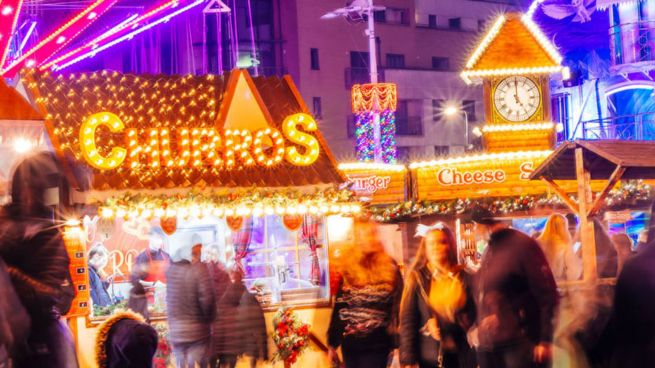 Make the most of your time in Leeds, considered by many to be the cultural and shopping capital of the North.
Make the most of your time in Leeds, considered by many to be the cultural and shopping capital of the North.
The Christmas market is running from Friday 22nd November – Sunday 22nd December 2024. Explore a variety of festive stalls selling unique gifts, crafts, and delicious treats from around the world. Enjoy pop-up performances and tuck into a standout selection of food and drink options that embody the spirit we all know and love around this time of year. The market will also run alongside the popular Ice Cube at Christmas ice skating rink on Millennium Square and Victoria Gardens. More information here.
 Thanks to the support of The Company of Biologists, we are pleased to offer financial support to make it easier for delegates to avoid travelling by plane, and instead opt for greener modes of travel. Awards of up to £100 will be made to successful applicants to support the difference in cost between plane and other travel options. Application deadline: 13th November 2024
Thanks to the support of The Company of Biologists, we are pleased to offer financial support to make it easier for delegates to avoid travelling by plane, and instead opt for greener modes of travel. Awards of up to £100 will be made to successful applicants to support the difference in cost between plane and other travel options. Application deadline: 13th November 2024
Find out more and apply here.
The Company of Biologists is a not-for-profit publishing organisation dedicated to supporting and inspiring the biological community. Find out more at www.biologists.com.
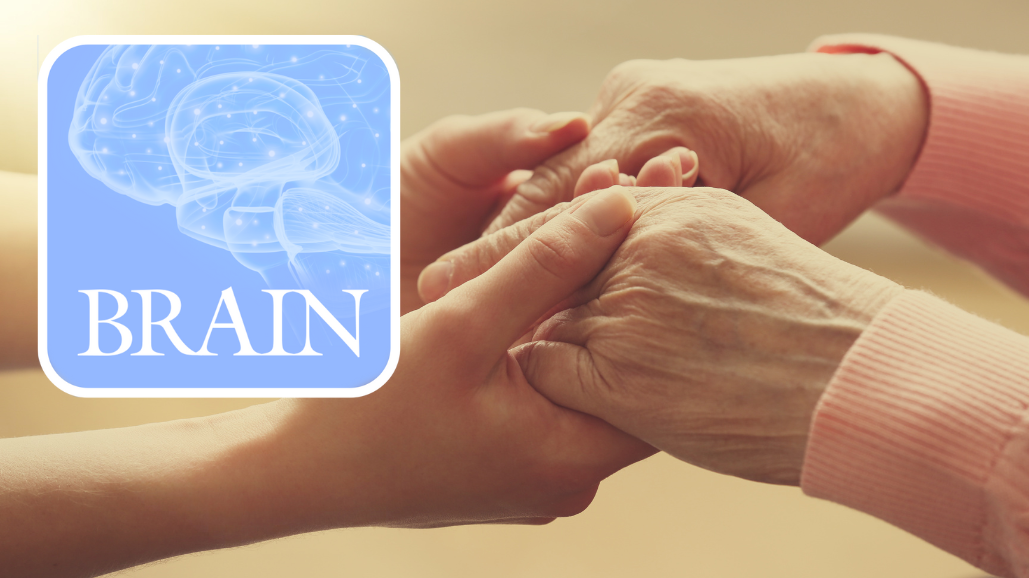 Thanks to the support of The Guarantors of Brain, the BNA is awarding 4 Carer Grants of up to £250 to help cover expenses associated with caring responsibilities and thereby enable participation in the Festive Symposium. Applications must be submitted four weeks in advance of the event .
Thanks to the support of The Guarantors of Brain, the BNA is awarding 4 Carer Grants of up to £250 to help cover expenses associated with caring responsibilities and thereby enable participation in the Festive Symposium. Applications must be submitted four weeks in advance of the event .
The British Neuroscience Association (BNA) is highly aware of the environmental impact of holding meetings, and have therefore taken the following measures to increase the sustainability of this event. If you have further ideas or comments, please do contact the BNA at office@bna.org.uk.
Meeting fees include two refreshment breaks, lunch and a wine reception.
PLEASE BE AWARE that meat will not be provided at lunchtime unless specially requested by indicating in the ‘requirements’ section during registration. The default option will be vegetarian. This is in an effort to reduce the carbon footprint associated with food waste at conferences and events.
All other special dietary requests (vegan, gluten-free, halal etc) can also be catered for by requesting in the ‘requirements’ section during registration.
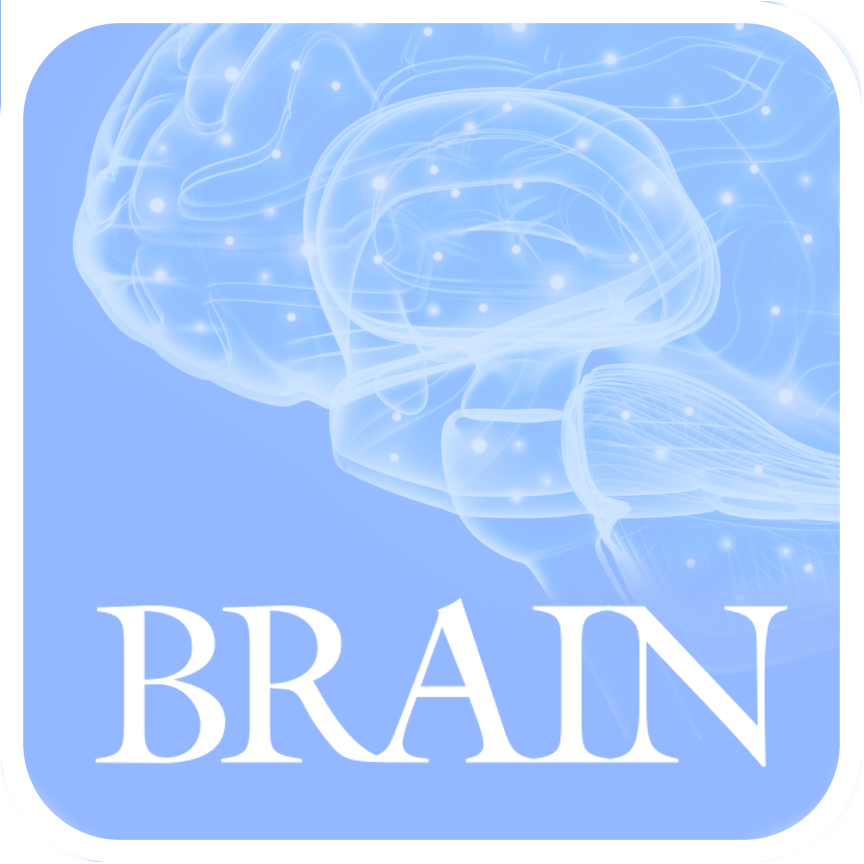 We are extremely grateful to the GoB for providing a meeting grant towards this event.
We are extremely grateful to the GoB for providing a meeting grant towards this event.
The Guarantors of Brain promotes teaching, education and research into the science of neurology and related clinical-academic disciplines, and the furthering of other scientific and charitable purposes. It is funded by the journals Brain and Brain Communications, and provides financial grants for a variety of events, meetings and study in the field of neuroscience.
Partnering Organisation
 Sponsor of the following talk: Michelle Kelly, National College of Ireland: Brain health for early stage dementia
Sponsor of the following talk: Michelle Kelly, National College of Ireland: Brain health for early stage dementia
Alzheimer’s Research UK is the UK’s leading dementia research charity. Dedicated to causes, diagnosis, prevention, treatment and cure. Their mission is to bring about the first life-changing dementia treatment by 2025.
Their vision is a world where people are free from the fear, harm and heartbreak of dementia.
www.alzheimersresearchuk.org
Silver sponsor
Pharmidex is a contract research organisation (CRO) founded in 2002, operating from laboratory facilities in Hertfordshire, UK. Pharmidex provides high quality, cost-effective and rapid solutions to clients in in vitro ADME, Pharmacokinetics, bioanalysis (non-GLP, GLP/GCP) and toxicology (non-GLP, GLP). They also offer expertise in in silico modelling as well as a range of efficacy models supporting oncology, CNS, respiratory, stroke and auto-immune disease programmes. Scientists at Pharmidex are highly experienced in designing, executing, reporting and discussing results of studies to help advance client projects successfully. The client base includes virtual companies, medical charities, academic groups, biotech and pharma companies globally. In addition to fee-for-service offering, Pharmidex are always seeking opportunities to collaborate in grant funded projects with organisations and have a successful partnering track record in this area. www.pharmidex.com
We invite your organisation to be part of this special event with sponsorship opportunities from £300. 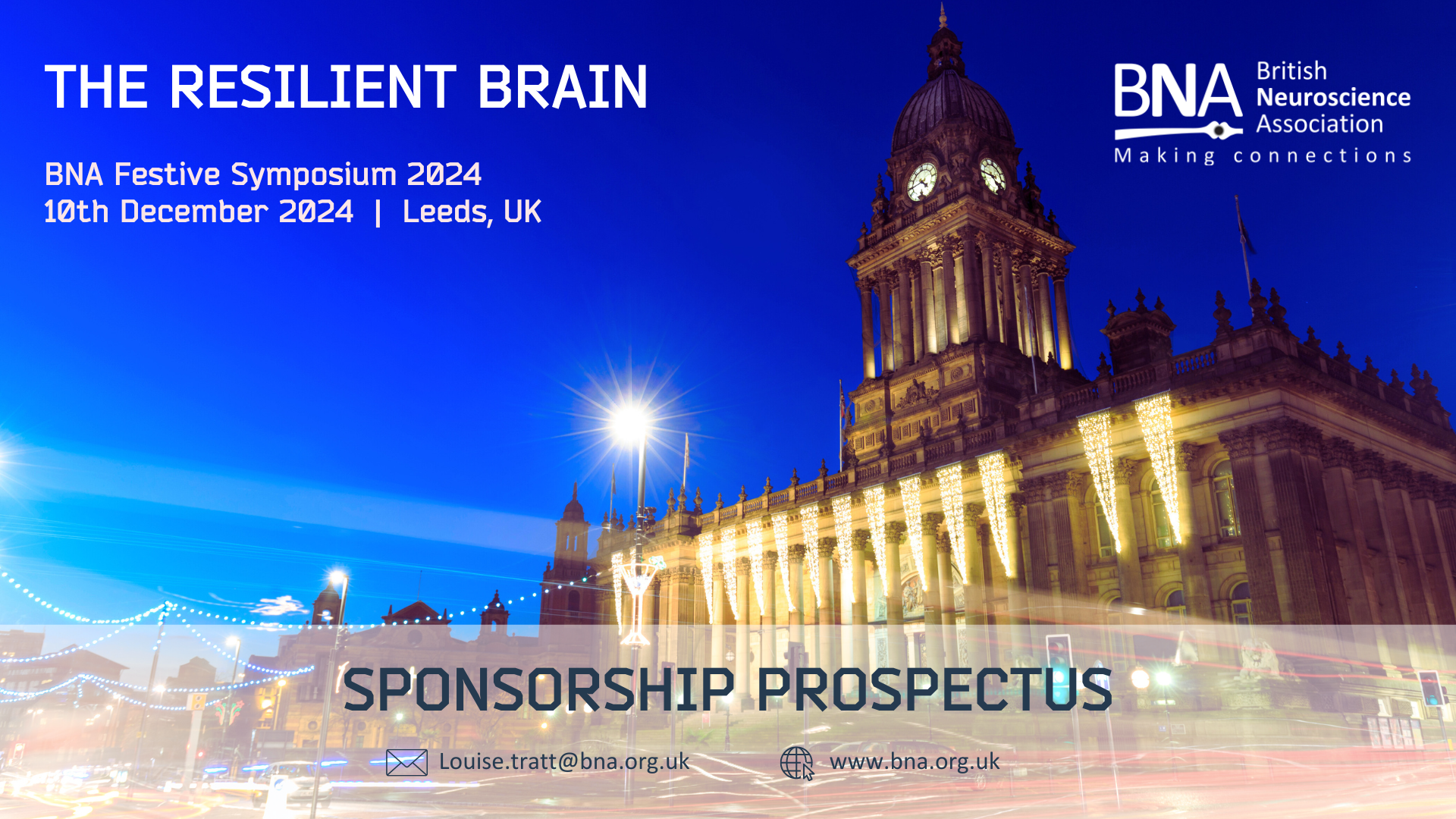
Please download the sponsorship prospectus and complete the booking form to secure your place.
Please contact Louise Tratt (louise.tratt@bna.org.uk) for further information.
To be announced!
Presentations for the above prizes will take place during the Festive symposium.
No. 1: Mujahid Alizada, University of Warwick; Neuronal TRPM2 Ion channels Transduce acute and chronic pain
No. 2: Kunal Arora, Fortis Hospital Mohali; Navigating the Uncharted: A Rare Case of Ocular Flutter and Intermittent Jaw Movements in a Case of Chronic Lymphoid Leukemia
No. 3: Dipa Begum, UCL; Comparison of curcumin derivatives J147 and CNB-001 for treatment of neonatal hypoxia ischemia
No. 4 Charlotte Cuffley, University of Cambridge; Brain networks underlying brief cognitive interventions to reduce anxiety
No. 5 Khansa Furqan, Foundation University Islamabad; Effect of Multisensory False Memories on Episodic and Semantic Memory and Amnesia in Patients with Limbic System Lesions
No. 6 Nathaniel Gould, University of Oxford; Quinone Reductase 2 Increases Metabolic Load in the Mouse Brain and iPSC-Derived Neurons
No. 7 Abdullah Iqbal, University of Huddersfield; Cell- based Bioengineered Model for secretion of amyloid beta for the generation of a Progressive model of Alzheimer's Disease
No. 8 Hina Kanwal, Cardiff University; Influence of Complement C5a receptor on Behaviour
No. 9 Tim Kerr, KCL; Examining the heritability of computationally modelled threat extinction and safety learning rates, underlying anxiety disorder development
No. 10 Anirudh Madhavan, University of Nottingham; Overtraining Reversal Effect as a potential measure of Cognitive Flexibility in humans
No. 11 Daria Pak, University of Westminster; Neuroanatomy & Clay Sculpting: Benefits for Cognition, Learning & Mental Health.
No. 12 Laura Elin Pigott, London South Bank University; Socially Networked: The effect of Social Media on Brain Development, a Systematic Review and Meta-Analysis
No. 13 Angelo Ross Andrew V. Robles, Swansea University; Investigating Ethanolamine Plasmalogen Lipid Function in the Zebrafish Brain
No. 14 Sophie Sanford, Alchemab Therapeutics Ltd.; Antibodies from resilient individuals: Identification of a novel therapeutic antibody for Huntington’s disease modification
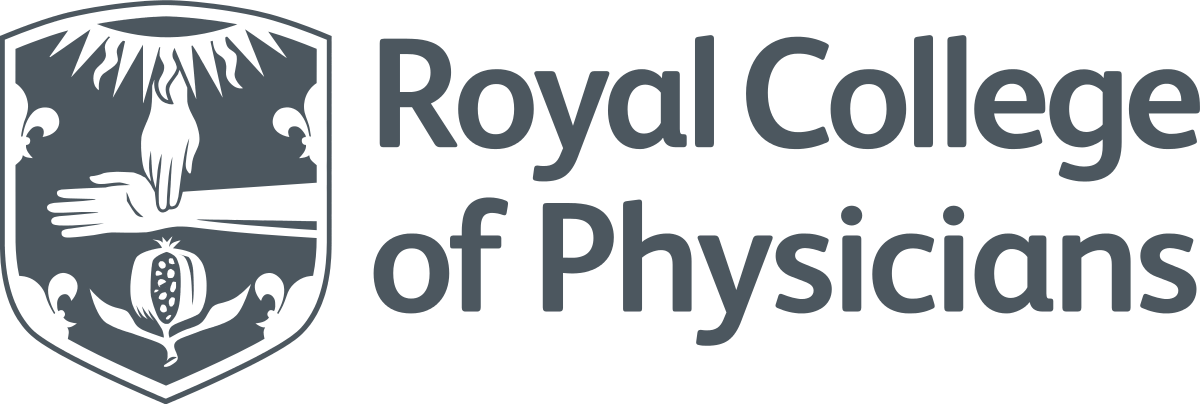 We are pleased to announce that this event has been approved by the Federation of the Royal Colleges of Physicians of the United Kingdom for 5 category 1 (external) CPD credit(s).
We are pleased to announce that this event has been approved by the Federation of the Royal Colleges of Physicians of the United Kingdom for 5 category 1 (external) CPD credit(s).
Please contact Alexis Archer (alexis.archer@bna.org.uk), after the event to obtain a certificate of attendance.
All participants at BNA events (including events hosted by other organisations exclusively for BNA members) are required to read and follow the BNA's Safer Spaces Policy (click to read in full).
| Member | Non-member | |
| Undergraduate/ 'A' level student | FREE* | £18.50 |
| Postgraduate/ Career starter | £25.00 | £50.00 |
| Early Career Scientist/ Clinician | £38.50 | £75.00 |
| Associate member/ public | £38.50 | £110.00 |
| Full/ Full industry | £75.00 | £110.00 |
| Retired | £38.50 | £70.00 |
| Honorary | £38.50 |
*BNA undergraduate members - Please note that the BNA undergrad registration fee (£18.50) is refundable based on successful attendance at the event.
All prices inclusive of UK VAT at 20%.
Register here. |